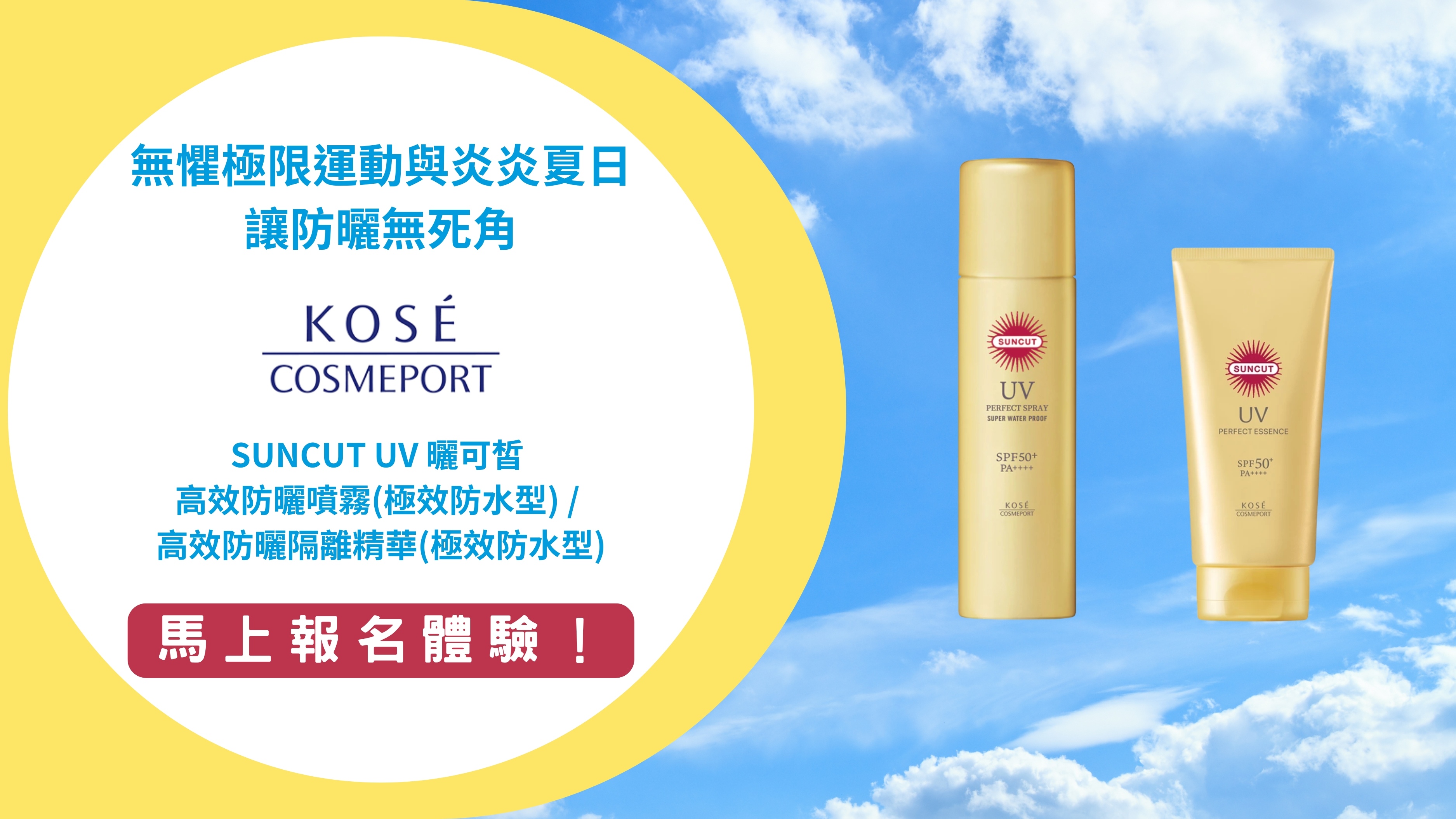The leather kind of shoes is much more comfortable and flexible, especially at lower altitudes. There are commercial waterproofing confounds. There should be at least two layers of protection between the boots and your feet. You may consider use a synthetic sock for carrying moisture away from my feet and a synthetic/wool mixture for the outer sock for warmth and cushioning. You may want to add another sock the outer layer for additional warmth. It is recommended some form of waterproofing but I don't think plastic boots are necessary at 6000 meters.
People have been walking in leather shoes on the snow. The only safety and health considerations would be if the boots are waterproofed (waxes or oils will keep your feet from getting wet and exacerbating hypothermia), or the tred is sufficient to prevent slips and falls (the number-one cause of death and injury in the outdoors - bar none).
There is an old recipe for waterproofing using bees wax and petroleum jelly melted together in equal parts and rubbed vigorously into a warmed shoe or boot (it softens the hands at the same time). You will need to dry and heat shoes and boots on the open door of an oven, heated to about 200 degrees. When the boots were dry and hot, they would brush Neat's-foot Oil into the pores of the leather. It is called the weekly shoe-bake.
There are a lot of good commercial waterproofs for boots that work as well. Snow Seal is one that was produced out west in the U.S. and works pretty well waterproofing they advise. It's be either silicone, a polymer, or some sort of organic oil or wax. Clean the boots, let them dry, and apply the waterproofing according to instructions provided with the product.
There are important advices on products :%$amp; methods of waterproofing a tent. The best suggestion is to go to a camping store and buy commercial seam sealer and waterproofing supplies. A lot can depend on the type of fabric and where it is leaking.
If your tent is leaking around the seams, this is because there are tiny pin holes in and around the seam created by the sowing process. If this is the case, seam sealer alone will probably do the trick. Seam sealer can come in two types, seam tape or liquid seam sealer. A urethane-based seam sealer is better because it is more flexible in cold temperatures and creates a better bond with the tent fabric. A disadvantage is that it is messier to use than tape.
If the fabric itself is leaking you can get a silicone-based water repellent treatment for all kinds of tent and tarp fabrics. Most pretreated tents come from the factory with the coating on the inside. If you touch the inside of the tent with your fingers, the oils on your fingers can react with the treatment causing it to become less effective. Spraying it on the outside can help by preventing the material from absorbing water, causing it to be lighter when carrying a wet tent. Products with UV treatment can slow fading and reduce fabric degradation from harmful UV rays.
Just make sure that you get the right product for the fabric of your tent. If you wanted to make your own you just need a substance that doesn't mix with water. Some items that you could use includes...
Lanolin - boil some sheep's wool and scrape the oil of the top. Do you have any sheep$%: This is flammable.
Coal Tar - Heat powered coal over a fire in a metal container and collect the liquid evaporating from the heated coal with a pipe leading from the container into a series of bottles. This is creosote and is used to waterproof railroad ties. This is very flammable.
Beeswax - You can buy this or raise bees. This is quite flammable.
Flax - Can be taken from the fleshy flax leaves, just underneath the tough skin. Not real flammable but will burn.


 留言列表
留言列表


